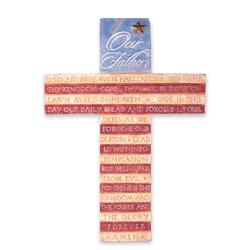 Sunday, one of my college professors, George Brown, preached at South. George is one of my favorite writers - a real word smith.
Sunday, one of my college professors, George Brown, preached at South. George is one of my favorite writers - a real word smith.His sermon title was, "The Cost of Confession." He explored Peter's confession of Christ as Messiah in Mark 8. George told us, "Death is a choice of style. We cannot choose if we will die, but we can choose how." "Why would anyone choose to follow the bloody path which He marked out with his own death," George asked, "except that He is the Christ?"
That's not all George said. I kidded with him after the service. He used seven words that I have never before heard in a sermon. Here they are, along with their definitions (for those of you who attended DeKalb High School - you know who you are):
- dissuaded - past tense, to turn from something by persuasion.
- inculcate - to teach and impress by frequent repetition or admonitions.
- untenable - not able to be defended or occupied.
- paradox - a statement that is seemingly contradictory or opposed or opposed to common sense and yet is perhaps true.
- ignoble - of low birth or common origin; characterized by baseness, lowness, or meanness.
- heinous - hatefully or shockingly evil.
- neoplatonic - the philosphy which conceives of the world as an emanation from an ultimate indivisible being with whom the soul is capable of being reunited.
Afterward I began thinking about other words that I don't hear much in sermons. Words like "holiness," and "sin." It has been a while since I head the word "hell" in a sermon. When was the last time you heard the word "gluttony" in a sermon? Or the word "pornography"?
Chances are, there are a lot more words that I could and should be using in my sermons. Of course Dave Stone writes, "I'd rather see a sermon than hear one any day." Those of us who live and die behind the "sacred desk" each Sunday are challenged to do both. To speak the right words and to live them.
Frankly speaking, that is one tall order.















